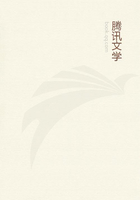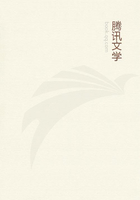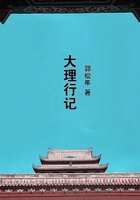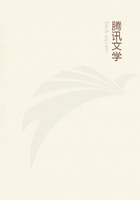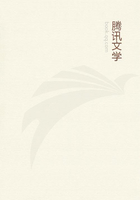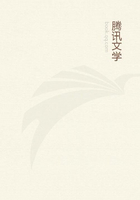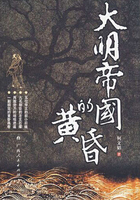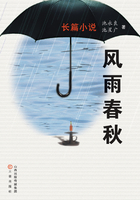They would all have to sell a portion of their product without buying anything in return. There is nothing mysterious about the fact that they all have a certain fund of money which they throw into circulation as a medium of circulation for their consumption, and a certain portion of which returns to each one of them from the circulation. But in that case this money-fund exists precisely as a fund for circulation, as a result of the conversion of the surplus-value into money, and does not by any means exist as latent money-capital.
If we view the matter as it takes place in reality, we find that the latent money-capital, which is accumulated for future use, consists:
1) Of deposits in banks; and it is a comparatively trifling sum which is really at the disposal of the bank. Money-capital is accumulated here only nominally. What is actually accumulated is outstanding claims which can be converted into money (if ever) only because a certain balance arises between the money withdrawn and the money deposited. It is only a relatively small sum that the bank holds in its hands in money.
2) Of government securities. These are not capital at all, but merely outstanding claims on the annual product of the nation.
3) Of stocks. Those which are not fakes are titles of ownership of some corporative real capital and drafts on the surplus-value accruing annually from it.
There is no accumulation of money in any of these cases. What appears on the one side as an accumulation of money-capital appears on the other as a continual actual expenditure of money. It is immaterial whether the money is spent by him who owns it, or by others, his debtors.
On the basis of capitalist production the formation of a hoard as such is never an end in itself but the result either of a stagnation of the circulation -- larger amounts of money than is generally the case assuming the form of a hoard -- or of accumulations necessitated by the turnover; or, finally, the hoard is merely the creation of money-capital existing temporarily in latent form and intended to function as productive capital.
If therefore on the one hand a portion of the surplus-value realised in money is withdrawn from circulation and accumulated as a hoard, another part of the surplus-value is at the same time continually converted into productive capital. With the exception of the distribution of additional precious metals among the members of the capitalist class, accumulations in the form of money never takes place simultaneously at all points.
What is true of the portion of the annual product which represents surplus-value in the form of commodities, is also true of the other portion of it. A certain sum of money is required for its circulation. This sum of money belongs to the capitalist class quite as much as the annually produced quantity of commodities which represents surplus-value. It is originally thrown into circulation by the capitalist class itself. It is constantly redistributed among its members by means of the circulation itself. Just as in the case of circulation of coin in general, a portion of this sum stagnates at ever varying points, while another portion continually circulates. Whether a part of this accumulation is intentional, for the purpose of forming money-capital, or not, does not alter things.
No notice has been taken here of those adventures of circulation in which one capitalist grasps a portion of the surplus-value, or even of the capital, of another, thereby bringing about one-sided accumulation and centralisation of money-capital as well as of productive capital. For instance a part of the snatched surplus-value accumulated by A as money-capital may be a part of the surplus-value of B which does not return to him.
NOTES
[33] Although the physiocrats still confuse these two phenomena, they were the first to emphasise the reflux of money to its starting-point as the essential form of circulation of capital, as that form of circulation which promotes reproduction. "Cast a glance at the Tableau Economique and you will see that the productive class provides the money with which the other classes buy products from it, and that they return this money to it when they come back next year to make the same purchases. . . . You see, then, no other circle here but that of expenditure followed by reproduction, and of reproduction followed by expenditure, a circle described by the circulation of money, which measures expenditure and reproduction." (Quesnay, Dialogues sur le Commerce et sur les Travaux des Artisans , Daire edition, Physiocrats, I, pp. 208, 209.) "It is this continual advance and return of capitals which should be called the circulation of money, this useful and fertile circulation which gives life to all the labours of society, which maintains the activity and life of the body politic, and which is quite rightly compared to the circulation of blood in the animal body." (Turgot, Reflexions, etc ., Oeuvres, Daire edition, I, p. 45.)

